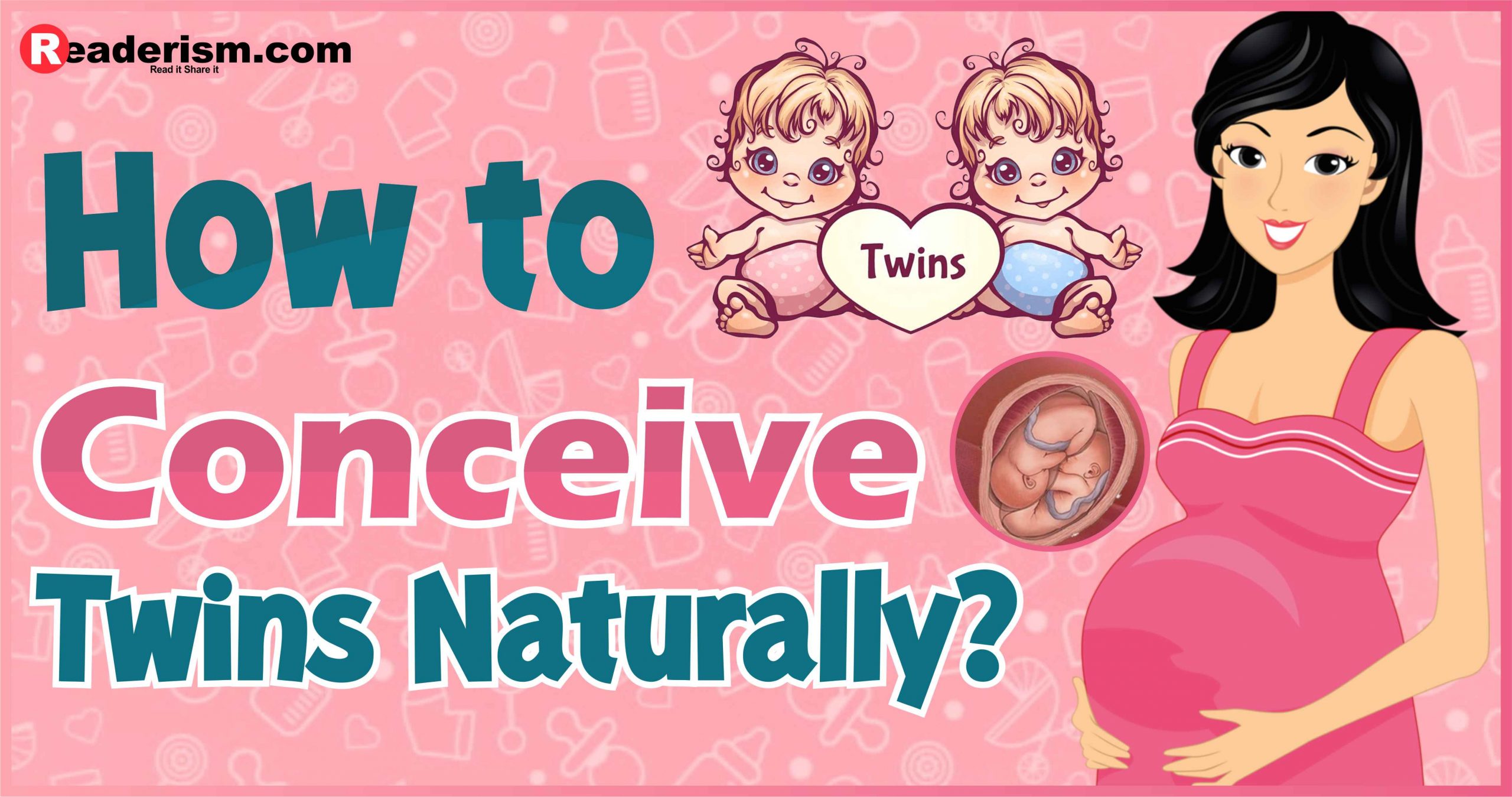People are divided on whether or not they should have twins. Some couples say they’d love to have two babies, but others have a completely different reaction. If you are a twin or have twin siblings, your perception of reality is likely to differ significantly from that of someone who has never dealt with more than one baby at a time.
Conception occurs when a sperm fertilizes an egg, resulting in the formation of an embryo. A woman can become pregnant with twins if there are two eggs in the womb at the time of fertilization or if the fertilised egg separates into two distinct embryos. Twins are conceived only 2% of the time naturally, but they are more than 40% of the time when reproductive procedures are used.
Identical twins
When a fertilised egg separates into two embryos, this form of pregnancy occurs. These embryos are monozygotic, meaning they have the same genes as each other. Identical twins are of the same sex and have a striking resemblance.
Non-identical or fraternal twins
When there are two eggs in the womb at the time of fertilisation, and sperm fertilises both of them, this type of pregnancy happens. These embryos are dizygotic, which means they don’t have the same genes and may or may not be of the same sex.
Many couples dream of having twins, but it’s best to just focus on having a healthy baby. Regardless of how many babies you’re carrying, always check with your health care provider and follow their advice and tips for a safe pregnancy.
Food items that boost the chances
Dairy products
Women who consume dairy products are more likely to have twins than women who do not consume these things. The presence of growth hormones in milk (dairy from growth hormone-treated cows) is suggested to aid in the conception of twins.
It’s thought that eating a diet rich in dairy items, milk, and meat will help, especially around ovulation time. However, there is no scientific data to back this up.
Wild yams
Increase your intake of yams and sweet potatoes. It is true that women who live in locations where yams are a substantial part of their diet are more likely to have twins. It appears that a naturally occurring chemical component of yams aids in ovarian function support.
Eat zinc-rich foods
Zinc has been shown to increase sperm count. So, you might urge your partner to add zinc-rich foods like pumpkin seeds, lamb, green peas, and yogurt to your diet. It has the potential to boost the chances of fertilising more than one egg.
Encourage your companion to try oysters. Zinc is abundant in oysters, which aids in sperm production. The more healthy and mobile his sperm are, the more likely he is to be able to fertilise an egg or two. If he wants to take supplements, 14mg per day is recommended for males in their fertile years.
Zinc is abundant in green leafy vegetables, cereals, bread, seeds, and wheat germ.
Fertility Herbs For Twins
- Evening primrose oil is thought to improve healthy cervical mucus, which may allow sperm to survive longer in the ovary.
- Evening primrose oil is thought to support healthy cervical mucus, which may help sperm survive longer in the ovary.
- Flaxseed oil has been shown to promote fertility and the likelihood of twin pregnancy.
- Due to its hyper-ovulation qualities, sweet cassava is also claimed to boost the odds of twins.
Natural therapies!
Alternative therapies may make it more likely. Acupuncture, naturopathy, aromatherapy, chiropractic, or flower essences may improve the chances of producing twins, according to scientific research.
What will help boost my chances of having twins?
- Delay Your Next Pregnancy
- Try to conceive while breastfeeding
- Increase folic acid intake
- Certain sex positions have also been known to boost the chances of twins
Some Facts according to recent researches
- Twins are more likely to be born to taller women. This may sound unusual, but researchers believe that a certain insulin-like growth factor is to blame.
- Women who are overweight or obese have an increased likelihood of naturally having twins.
- Twins are more likely to be conceived in women above the age of 35.
- According to 2018 birth statistics, black women deliver twins at a higher rate than white women.
Conceiving after age 30
According to certain studies, a woman with a Body Mass Index of greater than 30 has a better likelihood. However, given that a healthy weight range during reproductive years is 20-25 pounds and that 30 pounds would put you in the overweight/obese category, this is not a healthy recommendation.
This could be due to the fact that beyond the age of 35, the ovaries begin to release more than one egg per month. According to studies, when you’re over 35, you create more follicle-stimulating hormones than when you’re younger. This could result in the release of more than one egg during ovulation, increasing the chances of conceiving non-identical twins.
More chances if twins run in your family
Fraternal twins run in families for this reason. Women, on the other hand, are the only ones who ovulate. As a result, the mother’s genes are in charge of this, while the fathers aren’t. This is why having twins in the family only matter if they are on the mother’s side.
But Monozygotic (identical) twins do not run in families and are born at random. You might not be sure if your great-granduncles were related, and there’s no way to know for sure without DNA testing. However, identical twins are more likely than fraternal twins to share a similar physical likeness.
The chances of naturally conceiving twins are roughly 3%. Being on any type of fertility therapy, obviously, will considerably improve your odds. You have a 20–40% probability of having twins if you use IVF.

